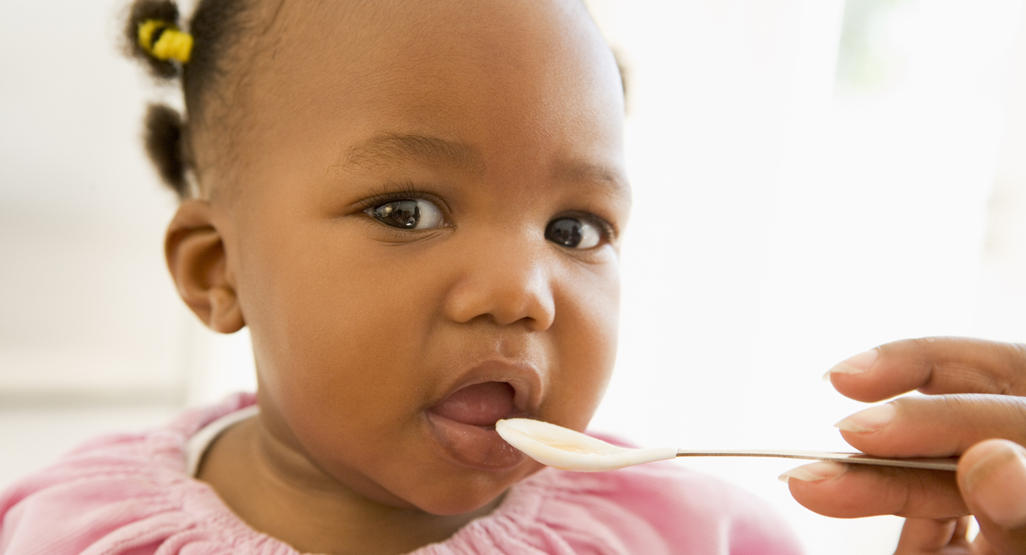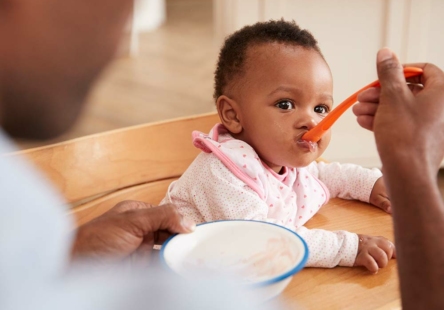Starting solids is a big milestone for babies and parents alike. It can be a fun and exciting time, but it can also be a little overwhelming. Here are some tips to help you make the transition to solids as smooth as possible.
When to Start Solids
The American Academy of Pediatrics (AAP) recommends that parents start solids between 4 and 6 months of age. However, some babies may be ready to start solids earlier or later. Here are some signs that your baby may be ready for solids:
- They can sit up with support.
- They have good head control.
- They have lost the tongue thrust reflex.
- They are showing an interest in food.
If you are unsure whether your baby is ready to start solids, talk to your doctor.
What to Feed Your Baby
When you are first starting solids, it is important to introduce one new food at a time. This will help you to identify any food allergies or intolerances. Start with single-ingredient foods and puree them until your baby is able to chew well.
Some good first foods to try include:
- Oatmeal
- Pears
- Sweet potatoes
- Green beans
- Bananas
- Yogurt
Once your baby is used to eating pureed foods, you can start to offer them finger foods. Finger foods are a great way for babies to learn how to feed themselves. Some good finger foods to try include:
- Toast cut into strips
- Cheerios
- Grapes cut in half
- Yogurt melts
- Applesauce pouches
How Much to Feed Your Baby
When you are first starting solids, your baby will only need a small amount of food. Start with one or two tablespoons of food at a time and gradually increase the amount as your baby gets used to eating solids.
It is important to offer solids after breast milk or formula. This will help to ensure that your baby is getting the nutrients they need.
How Often to Feed Your Baby Solids
As your baby gets older, you can start to offer them solids more often. By the time your baby is 1 year old, they should be eating three meals and two snacks per day.
Tips for Feeding Your Baby Solids
Here are a few tips to help you make feeding your baby solids a fun and enjoyable experience:
- Make mealtimes a positive experience. Sit down with your baby and enjoy your meal together.
- Be patient. It may take some time for your baby to get used to eating solids.
- Offer a variety of foods. This will help your baby to develop a taste for different foods.
- Don’t force your baby to eat. If they are not interested in a particular food, try again later.
With a little patience and creativity, you can make feeding your baby solids a fun and enjoyable experience.



